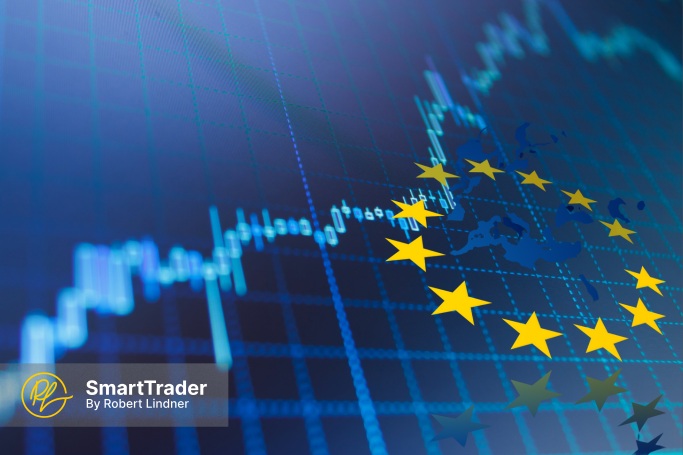📆 Tuesday, March 25
► European equities ticked higher as investors processed fresh developments on U.S. trade policy and positive signs from Germany’s economy (soft data). The Stoxx 600 rose +0.75%, bolstered by strength in energy names, particularly Shell (+2.1%), which rallied on a pledge to increase investor returns via its LNG trading business. Gains were supported by rising oil prices, which added momentum to the sector. Meanwhile, Germany’s Ifo Business Climate Index rose to 86.7 in March, signaling improving business sentiment after the country's historic debt-financed investment push into infrastructure and defense. The German DAX rose nearly +1.0% higher. In France, the CAC 40 rose even 1.1%, shrugging off a 3.4% drop in EU car sales in February — with Germany (-6.4%) and Italy (-6.2%) seeing the sharpest declines. Markets appear to be pricing in hopes that targeted fiscal support and easing trade fears could sustain growth.
► U.S. stock futures are little changed in Tuesday's pre-market trading after a powerful start to the week. The S&P 500 (+0.1%) is slightly higher rebound from early pre-market losses, and the Nasdaq 100 near flat, with some profit-taking after yesterday's very strong gains and cautious positioning ahead of PCE inflation data later this week. Monday’s rally was fueled by optimism that President Trump’s planned “reciprocal” tariffs (due April 2) may be more selective, with exemptions for key trading partners and no immediate rollout of sector-specific measures like autos. However, Fed commentary added friction — Atlanta Fed President Raphael Bostic signaled he now expects only one rate cut this year, citing uneven progress toward the Fed's 2% inflation goal due to tariff-related price pressures. This hawkish shift cooled some enthusiasm and reinforced investor focus on macro data and Fed messaging going forward.
► Asia-Pacific markets closed mixed, reflecting regional divergence in sentiment. Japan’s Nikkei 225 gained +0.52%, lifted by banking and industrial stocks, with the Topix nearing 8-month highs. Despite the strength, the JPY weakened to near 150.7/USD before pulling higher again, pressured by rather dovish undertones in the BoJ meeting minutes, which acknowledged the possibility of future hikes — but only if wage and inflation trends justify them. In China, sentiment was fragile. The Hang Seng Tech Index dropped 2.25%, weighed by Xiaomi’s massive share sale and disappointing earnings in the sector. Alibaba fell -3.5% after its chairman warned of a possible bubble in the AI infrastructure space. The Shenzhen Component and Shanghai Composite also eased, with traders digesting weak fiscal revenue and a shift in PBOC’s liquidity operations, which added uncertainty around borrowing costs. Australia’s ASX 200 eked out modest gains, holding near two-week highs as investors awaited clarity from the upcoming federal budget, expected to focus on cost-of-living support and housing.
Subscribe to see more




